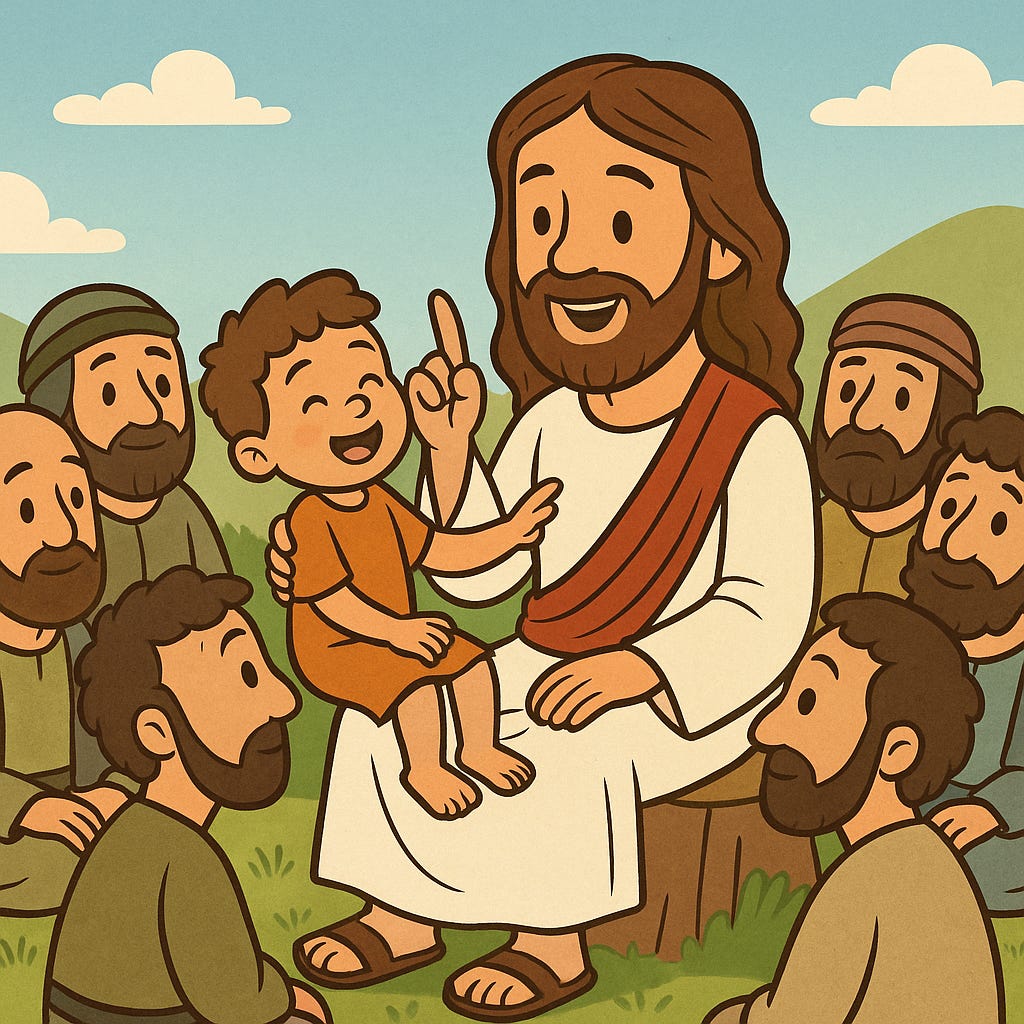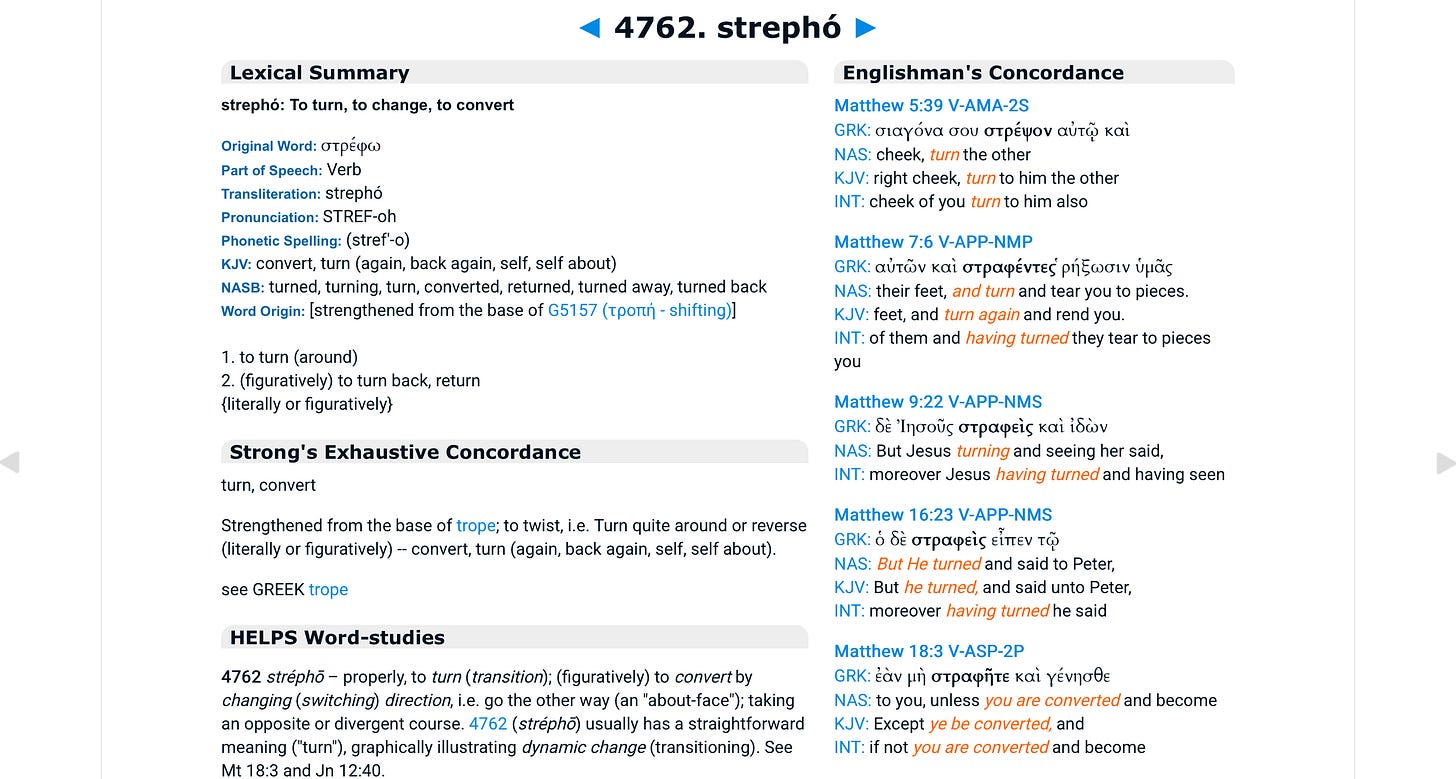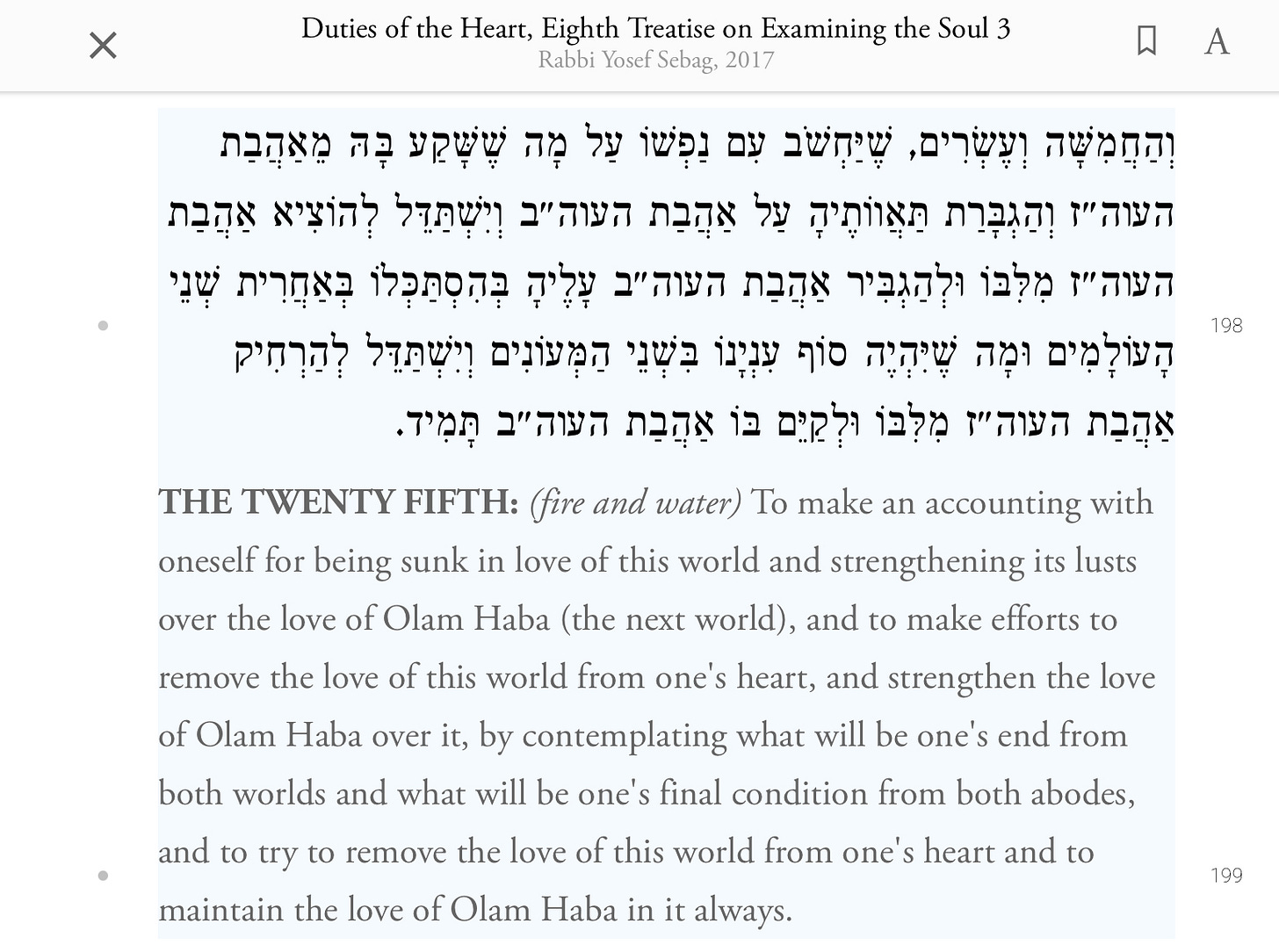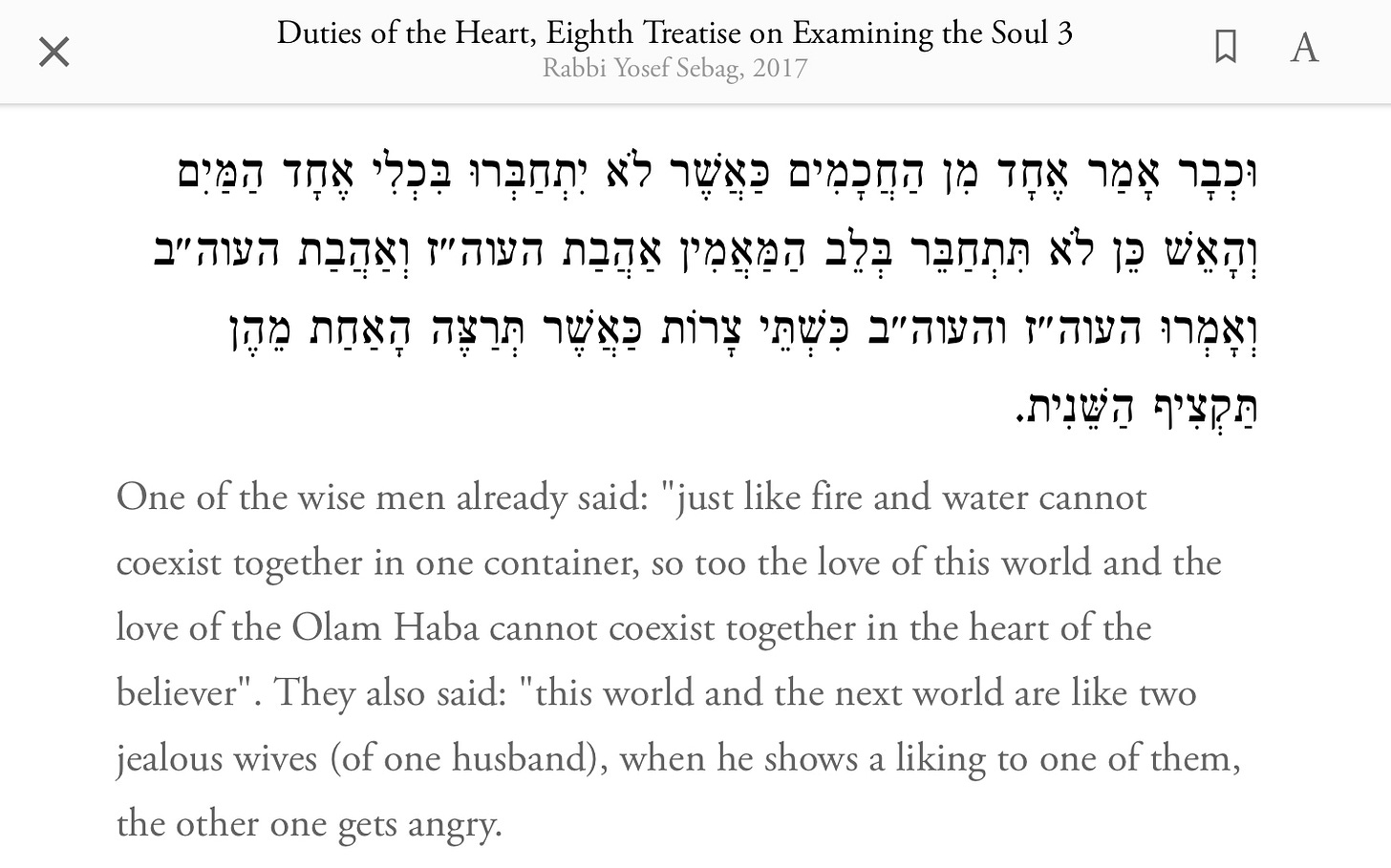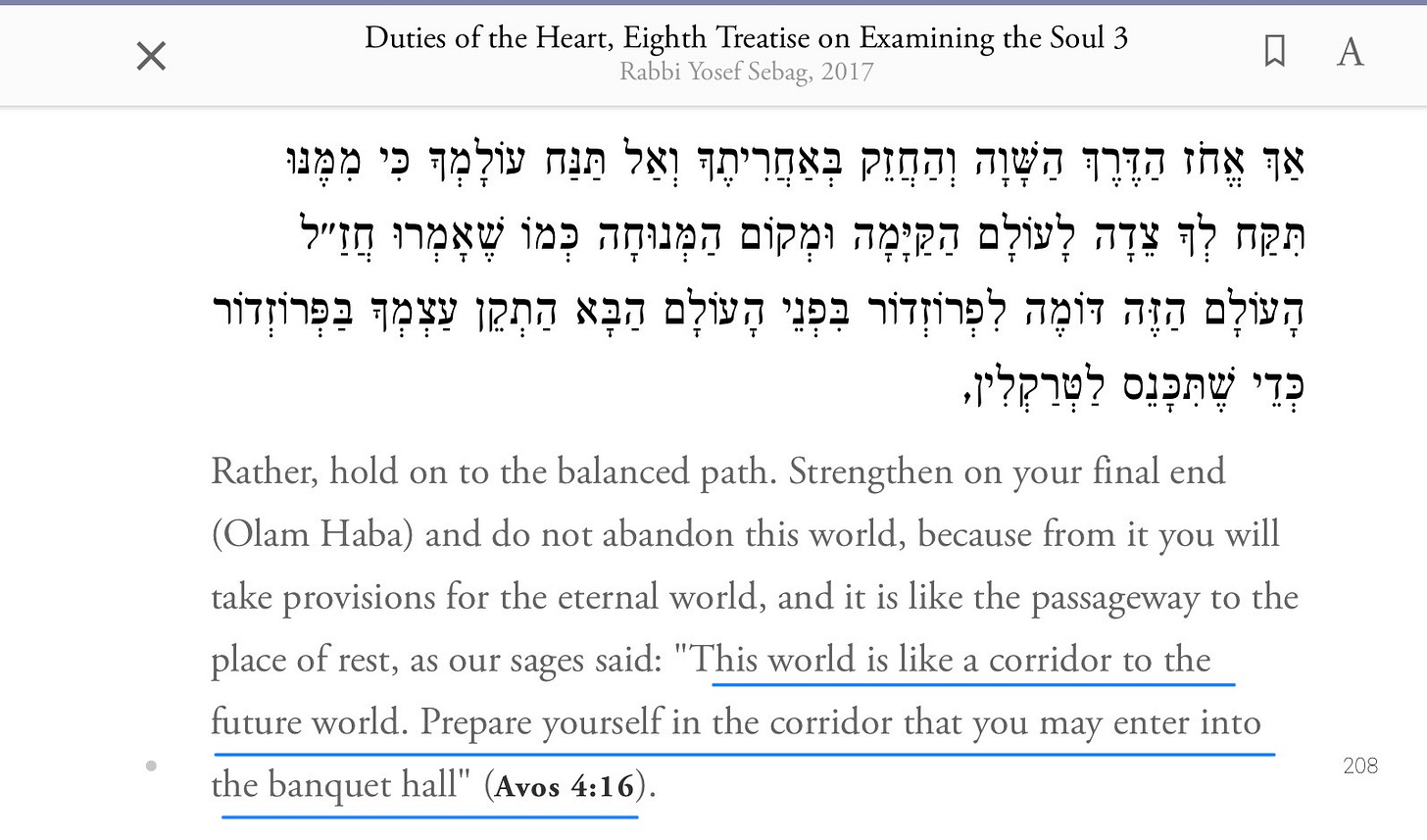Community Basics, Jesus Style
Week in review for the week ending July 6th, 2025
Matthew 18:1-6 :: The Greatest in the Kingdom of Heaven
18 At that time the disciples came to Jesus and asked, “Who, then, is the greatest in the kingdom of heaven?”
2 He called a little child to him, and placed the child among them.3 And he said: “Truly I tell you, unless you change and become like little children, you will never enter the kingdom of heaven.4 Therefore, whoever takes the lowly position of this child is the greatest in the kingdom of heaven. 5 And whoever welcomes one such child in my name welcomes me.
This past Sunday Pastor Heechan delivered the sermon on Matthew 18:1-6. The disciples ask Jesus about the greatest in the kingdom of heaven. Jesus tells them the childlike, the vulnerable, the marginal represents greatness in G-d’s eyes. Pastor Heechan spoke about community basics. He called his sermon Kingdom Community Basics: Humility. I’m going to switch things up and briefly review the events of the week up front. I think they reveal the need we have as a society to get back to the community basic of humility. As it stands currently, we have failed our most vulnerable members as a society.
Last week the Canadian government’s and judiciary’s soft on crime approach made headlines several times. A terrorist who slashed someone’s throat on a Surrey bus will face sentencing soon. We celebrated Canada Day, many people had BBQs and picnics and family gatherings to mark the occasion. The businesses of the Granville Entertainment District continued to speak out about the chaos reigning in the Granville strip as a result of low barrier residents brought into “supportive housing” in that downtown neighbourhood.
I had a really lengthy, amazing, and productive conversation with Julian Somers about Harm Reduction policy in BC and Canada. We discussed the corruption of the public health and academia and clinical researchers working in the area of addiction. We talked about “safe supply” and the government’s support for public supply of addictive drugs (PSAD). We both agree that the drug activists have failed to meet needs of the addicted and the mentally unstable and the homeless and the traumatised. In fact, we agreed that drug activists have exacerbated the problem and intensified the suffering.
The city of Vancouver has decided to move the SROs out of the Granville Entertainment District. BC government has finally conceded that it needs to take action to address the chaos created by bringing low barrier people to live in the Entertainment District. The Fentanyl crisis continues to grow out of control, spilling into every area of life in the city and across the province and the country.
Pascal Robinson-Foster aka Bob Vylan face the cancellation of several concerts on his upcoming tour. The American government revoked his Visa, banning his entry into the USA. The BBC faces some serious questions about allowing that segment to air on its channel. Antisemitism continues to be a growing problem in Canada, largely unchecked.
I spent a day researching the connection between Isaiah and Matthew 15:8-9, and I wrote a lengthy essay about that in Smouldering Ruins. I spent several days buried in research for my New Westminster Times addiction column. My investigative journalism leads me to some wildly unbelievable stories, stay tuned each week for my latest column. The news headlines scream quite loudly that we really need to get back to basics when it comes to building community in our society. We have lost humility, we have forgotten self examination that enables humility and compassion.
My Jewish friend Lee Weissman has begun a little project—he decided to read Derech Eretz: a Torah Guide to Proper Behaviour in Everyday Life by Rabbi Shaul Wasgschal and practise the lessons he learns. Each day he posts a short video about his daily lesson. He’s up to date 9 as of Sunday July 6th, 2025.
“We talk about being a "good person" as if it an easy thing. It is not so easy. Not for me. Not for anyone. It is much easier to be a good Jew, a good Muslim, a good Christian in the eyes of others than to be a good person in the eyes of God.
It is good to make a study of it. To set aside the abstruse delicacies of theology or the nitty gritty of ritual details and invest time in our own character. This book is a good start. I have been learning it. I am still a far far way from internalizing the behavior.”— Lee Weissman
Day 1. Be soft as a reed not hard like a cedar.
Day 2. Greet everyone with peace.
Day 3. Other people are not you!
Day 4. Humility comes only after knowing your own greatness!
Day 5. Tailor our kindness to others’ needs and wants. One again, other people are not you.
Day 6. Dignity can be as dear as breath.
Day 7. Think globally but act locally. Giving to the folks closest to us.
Day 8. Priority to widows, orphans and …… folks you don’t like so much.
Day 9: Learn to integrate with other people by being tolerant, kind, accommodating and not always a “straight shooter”.
Day 10. Sometimes we need to work with like-minded people and sometimes we need to adjust to others.
Day 11. Love your neighbor as yourself. Part 1
Reader, I love this a lot — simple things we can do for ourselves in our daily lives to try to be better humans, to align ourselves with Divine will and g-dcentric morality.
So, let’s move onto Pastor Heechan’s sermon on Kingdom Community Basics. In this week’s Bible passage, Jesus presents a visions for G-dcentric community—take lowly position, notice needs of those others around. Humility is the path. Who is the sustainer? G-d is, through the Holy Spirit, through the teaching and example of Jesus. Allow ourselves to be moulded by g-d. Pastor Heechan lists three instructions Jesus gives His disciples when talking about community basics. Note the disciples ask about greatness and Jesus answers that greatness lies in humility, self examination, and service to others.
Shift values: the greatness of children
Calls for transformation: ego ➡️ humility, go low, stop seeking power + status
Calls for extend our care: inward transform leads to outward action, do not lead the vulnerable away from truth and faith, who are we pushing to the margins?
Reader, who are we pushing to the margins? Who have we dehumanized so thoroughly that their lives mean nothing to us? I want you to see these video clips from VanCityNews1 on Xwitter. Take a good hard look at how we are so far from Jesus Community Basics. Don’t look away. This is Vancouver.
Look at how this bloke just steps over this woman’s body, like she’s a piece of detritus.
People die every day in the streets of Vancouver. It’s become so routine to many of us. Why? The answer isn’t more drugs, that’s not reducing harm, reader.
This is a scene outside an SRO “supportive housing” building. Where is community in Vancouver, that chaotic scenes take place routinely in Vancouver?
The videos I’ve shown above provide a few examples of the massive failure of community compassion in Vancouver. Public health officials have become arrogant and amoral, they no longer care about public health and safety. They’ve lost humility and they’ve lost focus. We’ve become complacent and apathetic to the suffering in our communities and cities. How do we get back to a focus of concern and human compassion? How can we return to humble service of the vulnerable, suffering, poor, and needy?
In Vancouver we have lost Divine Compassionate Community Basics.
Let’s move on. Here’s the YouTube video of Pastor Heechan’s sermon.
Pastor Heechan summarised his message with Matthew 20:16 — “So the last will be first, and the first last.” He also mentioned John 14:26 — “But the Advocate, the Holy Spirit, whom the Father will send in my name, will teach you all things and will remind you of everything I have said to you.” In fact he had the congregation read that passage from John at the end of his sermon.
The Kingdom Culture Jesus taught differed from anything the people of His time knew or imagined. Status and honour, power, authority, position — all temporal values— occupied the focus of human society. Reader, have humans changed much since the time of Jesus? In his sermon, Pastor Heechan discusses the societal values of the time of Jesus. He teaches that children didn’t have any status, that adults didn’t see them as fully human. He reminds us that only adult males had importance and that society only saw adult males as fully human. So, to bring a child into the equation, in Jesus’ teaching to His disciples, that’s a reminder that the most lowly and vulnerable and humble carry the highest status in the culture of Jesus.
Here’s an excerpt from Pastor Heechan’s sermon, at around the 11 minute mark.
What about us? What is our understanding about the kingdom?
Do we carry any misunderstandings about what kingdom truly is?
Or more importantly, have our worldly values perhaps unknowingly contaminated our view of the kingdom?
You see, living and working in this world, it is easy for our minds to be shaped by the values of society, even when we don't want them to be. But if we are to faithfully live out Jesus's teaching, we must first pause and ask these crucial questions. We need to discern how we truly perceive the kingdom of God.
But if we neglect this self-examination, we risk becoming like the east of the Pharisees, a corrupting influence that can spread and contaminate the whole kingdom of God. This is why Jesus began by challenging his disciples to shift their values and shift their understanding away from worldly ideas and toward the kingdom values.
So before we take any step forward, let us first examine our hearts and minds. Let us pause and reflect. Are we truly aligned with the values of the kingdom of God? Honest self-examination enables us to walk faithfully in the way of Jesus Christ.
Reader, I’ll remind you of the three key principles Jesus teaches here in this passage. Keep these in mind as you reflect on this Biblical passage.
Shift values: the greatness of children
Calls for transformation: ego ➡️ humility, go low, stop seeking power + status
Calls for extend our care: inward transform leads to outward action, do not lead the vulnerable away from truth and faith, who are we pushing to the margins?
Pastor Heechan reminds us of the Greek word used in line three, στραφῆτε (straphēte). Above I’ve provided a screenshot of the concordance entry on the root word, stréphō. You can see what Jesus calls us to do — turn toward G-d, do an about-face, take a divergent path from our worldly egocentric approach. Jesus calls us to engage a radical transformation, turn from the old self and toward a new Jesus way of being a better person.
Remember my friend Lee’s effort to learn how to be a better person? I’ll remind us of the points he made, as of today (Wednesday) we have reached Day 11.
“We talk about being a "good person" as if it an easy thing. It is not so easy. Not for me. Not for anyone. It is much easier to be a good Jew, a good Muslim, a good Christian in the eyes of others than to be a good person in the eyes of God.
It is good to make a study of it. To set aside the abstruse delicacies of theology or the nitty gritty of ritual details and invest time in our own character. This book is a good start. I have been learning it. I am still a far far way from internalizing the behavior.”— Lee Weissman
Day 1. Be soft as a reed not hard like a cedar.
Day 2. Greet everyone with peace.
Day 3. Other people are not you!
Day 4. Humility comes only after knowing your own greatness!
Day 5. Tailor our kindness to others’ needs and wants. One again, other people are not you.
Day 6. Dignity can be as dear as breath.
Day 7. Think globally but act locally. Giving to the folks closest to us.
Day 8. Priority to widows, orphans and …… folks you don’t like so much.
Day 9: Learn to integrate with other people by being tolerant, kind, accommodating and not always a “straight shooter”.
Day 10. Sometimes we need to work with like-minded people and sometimes we need to adjust to others.
Day 11. Love your neighbor as yourself. Part 1
Jesus calls us to turn toward G-d and become more child-like. If you’re a real keener, you can do a deep dive and study Duties of the Heart.
If we love G-d we will humbly love His creation. However, our attachment to the worldly comes into question, it’s the thing from which Jesus calls us to turn away. When we cleave to worldly objectives we displace G-d from our hearts. Attachment compromises humility.
Do we invest the same energy and zeal and devotion to following Jesus as we do to our worldly endeavours and our vying for power, position, status, glory, authority? That’s the important question to take away from Pastor Heechan’s sermon. Rabbi Bachya ibn Paquda makes the analogy of the worldly and the spiritual vying for our attention within our heart as two jealous wives. That’s a provocative analogy. Reflect on that for yourself. How do these two realms and desires balance themselves out for you in your life? The turning toward G-d embodied in the word stréphō calls us to conduct self examination on an ongoing basis.
The world in which we live serves as the antechamber for our eternal life. If you imagine eternity with Hashem as a grand ball, then you must conceded the importance of preparation, right? Do you show up to a fabulous grand party with your slouchy clothes, looking dirty and unkempt and ill-prepared? Probably not. So, too, with our eternity. It’s said that G-d will ask us if we enjoyed His creation. In this context, scrupulosity and extreme opulent indulgence look like opposite sides of the same bad behaviour — they both emanate from self worship and self indulgence, don’t they?
Pastor Heechan mentions “… natural human tendencies…”, these include “… pride, … desires for power, and [desires for] status”. Reader, aren’t these traits manifestations of unhealthy attachment? Pastor Heechan contrasts these unhealthy traits with health ones to which we ought to aspire, to “become like a child …” which means lean into vulnerability, dependence on the Divine as opposed to our limited vision that often leads to either arrogance or despair1, lowliness and insignificance “…in the world's eyes.”
So, reader, the lessons from Duties of the Heart fits well with this lesson of turning away from selfish ambition. How can you think anything of yourself when you trek through an old growth forest? Or an alpine trail? We truly see and feel our nothingness in the face of the Alps or the Coastal Mountains or the Rocky Mountains, don’t we? This is what ibn Paquda means by treating this world as an antechamber for the eternal life with G-d.
In the time of Jesus society didn’t value humility, it valued power. However, we know that power never satisfies any human heart. In fact it creates an insatiable appetite for more power. Ibn Paquda mentions this compulsion that defines the human condition. The Hebrew word he uses — הַזְּרִיזוּת hazzrizut — comes from the root zahar which means brightness or shining and it refers here to enthusiasm or agility. As humans we continually fight our compulsion to attach to our worldly desires for glory and authority.
Even in the self denial of aestheticism we can become self idolatrous, enamoured with our own ideas of what it means to follow G-d, rather than the actual meaning of the actions we perform in following Him. Simone Weil starved herself to death, she had a clear affliction of scrupulosity. She cut her life short in her self focus of what idea she believed as the right path. Weil left us many brilliant philosophical writings and inspired the important reform of the Catholic Church in 1964. Her legacy endures, to be sure. However, Weil denied herself knowing the creative glory G-d intended us to experience in this life. In cutting her life short, did she also deny G-d?
So, back to Pastor Heechan’s sermon. Jesus calls us to turn away from our egoistic attachments and worldly compulsions and toward humility and compassion. He calls us to begin with self examination and expects that this will lead us to balance our outwardly actions with our inward focus on G-d’s kingdom culture. That takes us to the final point — extend care to those around us. Humility. We need humility to extend care to others.
Reader, scroll up and look at those three video clips I shared from Vancouver, portraying the suffering of the city’s disadvantaged and marginalised. That’s where progressive Social Justice has led. The policies of Live and Let Live, of Harm Reduction, of “destigmatisation” — these misguided public health edicts have created a distorted compassion, in which self appointed saviours walk around with Naloxone kits attached to their rucksacks, like some social symbol of do-goodness, whilst they preach of PSAD as the panacea, the absolute unquestionable solution to the very serious problem currently plaguing our society.
And we see that people have become so apathetic, that when they encounter a lifeless body, they step over it. Does that look like a compassionate society? How have we humbly extended care to others around us? Do you know that more people are removed from wait lists for publicly funded addiction treatment than are accepted into said treatment? And we hear the public health gurus repeatedly and haughtily dismiss abstinence-based care and treatment for these vulnerable individuals caught in their horrible enslavement to addiction as impossible to achieve.
Where did humility go? How can we get it back?
Note: I would argue for considering despair as a kind of arrogance.



